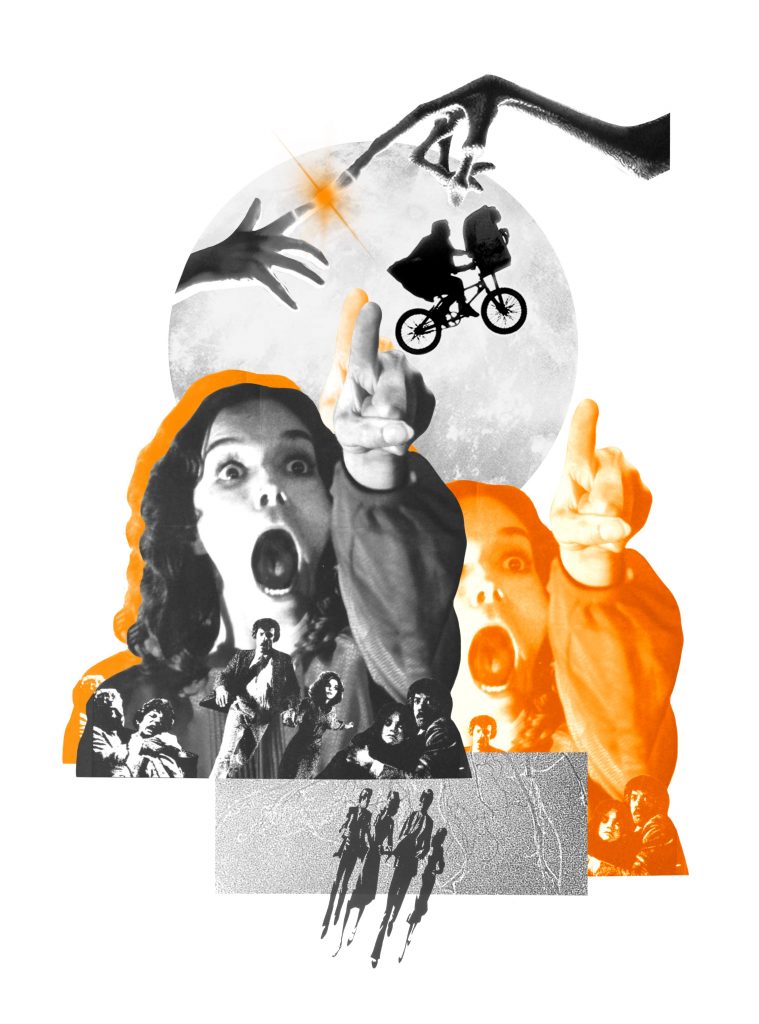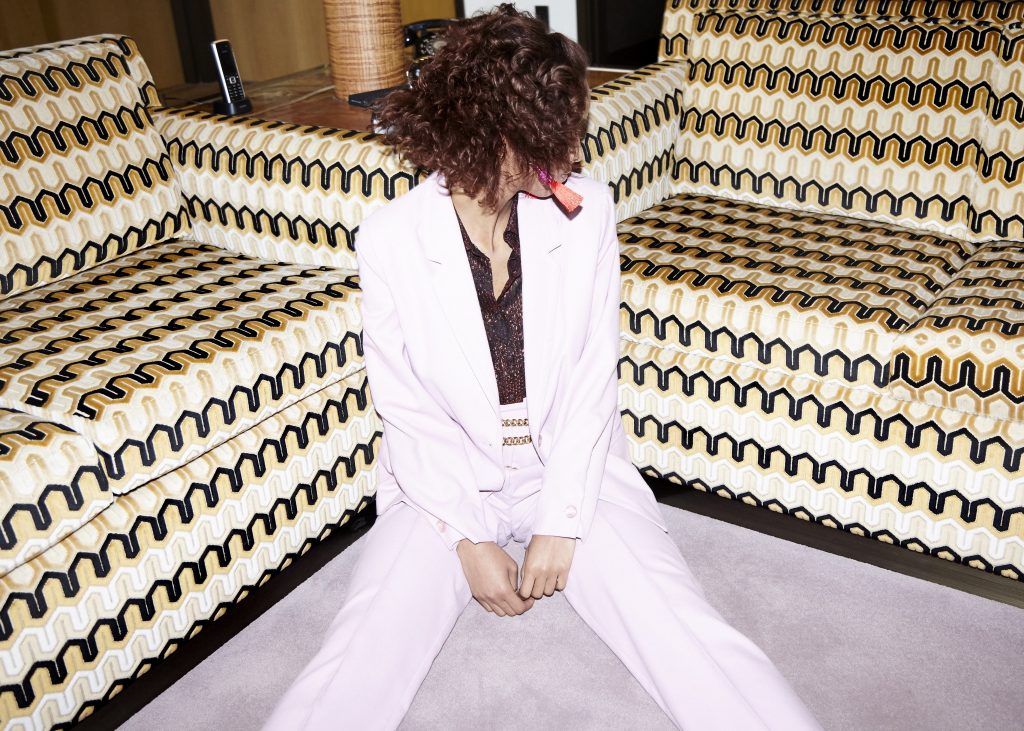
2018: the year when Generation Z got loud. It’s the year of Emma González, the year American children marched for their lives. Rising Harpeth Hall junior Haviland Whiting is many things—the fourth Nashville Youth Poet Laureate, first-chair cellist, singer, model. She even has an endowment set up in her name through Purdue University that sends two low-income students to gifted camp every summer. But she is not loud. Her spoken word poems are delivered softly in a sweet, high voice. Her presence is slight—but her hands flutter as she speaks, and she builds a rhythm that picks up listeners like a riptide and carries them out to sea.
Underestimate her at your own peril. Her poems speak to justice, racism, gentrification, being a woman in America, and being black in America, but they also address issues on a global scale—the worldwide refugee crisis and chemical warfare in Syria. While the work may be delivered in a soft-spoken manner, there’s no trace of flimsiness in Whiting’s “controversial” pieces.
But of course she’s been underestimated. “My middle school teacher wrote on the bottom of one of our creative writing assignments, ‘Maybe poetry isn’t your thing,’” Whiting says from her parents’ screened-in back porch in the 12South neighborhood. Whiting might’ve taken that to heart were it not for her favorite summer camp, the Great Books Summer Program, and Southern Word, a literacy and performing arts program that brings spoken word to young people in Nashville through school residencies, workshops, and shows. The Great Books Summer Program first introduced Whiting to writing poetry, but it was the presence of Southern Word at her school that took it to this next level. Two years ago on a whim, she applied for Southern Word’s youth poet laureate competition. That first year, she didn’t make it through the semifinals; this year, she won.
But despite how self-assured she is when being interviewed, and despite the maturity of her poetry, Whiting is tremendously nervous about getting up in front of a crowd. So why not just write poems—why perform?
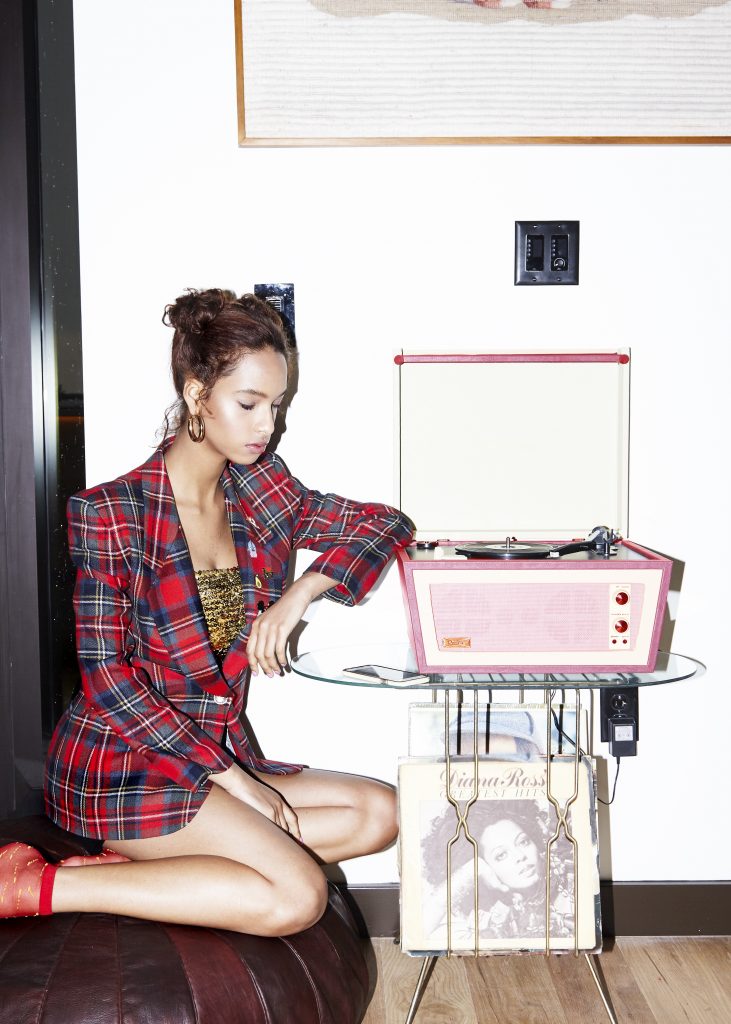
“I was so enthralled with it, the way that people could just get up there and perform and be themselves and say things that were really relevant and important,” Whiting says. “I’ve always been an introvert with terrible stage fright, believe it or not. Being able to do that seemed so insanely amazing to me. When it comes to performing poetry, to me I can become like a, not a different person, but [I can] take on a different aspect of my personality on stage, [of] a person who has something important to say and is going to make sure that people listen.”
To have a mic is to have power, and Whiting isn’t wasting her time up there, even if all she gets is three minutes. “What I usually write about are the kinds of things going on in the world that you’re normally told to avoid during dinnertime conversations,” she says. “Don’t talk about politics, don’t talk about religion, race, all those kinds of things. Don’t talk about them! [But those are] all the things I adore talking about.”
When she describes writing her poems, Whiting mimes typing with her thumbs on her phone, as her Notes app bears the evidence of what she calls “rants.” “Generally a lot of what I rant about tends to be what we think about . . . as strictly political,” she says. “We ignore that there are people attached to [humanitarian crises]. We ignore the fact that statistics and numbers are human bodies or families that are dead. I get really caught up in that . . . I get angry, but mostly things just make me really sad . . . If I didn’t have poetry, I wouldn’t know what to do with all this sadness that I feel.” She talks about reading the death numbers in Syria, and how if forty people are killed, she mourns not only for those deaths but for the ten or more people closest to each victim. Grief spreads, and it’s something she cannot ignore.

“What I usually write about are the kinds of things going on in the world that you’re normally told to avoid during dinnertime conversations."
For the poem that won her the poet laureate, Whiting drew from one of her favorite poetic influences: Teaching My Mother How to Give Birth by Warsan Shire, a Kenyan-born Somali poet whose poetry explores displacement, grief, and self-renewal through her own coming of age in a war-torn society (and who was extensively quoted throughout Beyoncé’s visual album Lemonade). Whiting opened her winning poem with Shire’s words: “When the men come, set yourself on fire.” She then launched into a new biblical mythology that tore through the injustices against black girls and women: “On the first day of war, or maybe it was religion, God said to carry bullets under our tongues.”
The beginning and end of this poem included Whiting singing part of Nina Simone’s “Blackbird.” Music is inextricably bound to the rhythms she builds in her poems: “Science shows that people connect to music . . . If you sing a certain scale before you speak, people’s brains are already hardwired to hear certain things in your words. That’s why most spirituals are written in the exact same key. It’s not because the slaves didn’t know that they could mix up keys, it’s because it sets the tone.”
The poet laureate win has been followed by frequent performances throughout Nashville, as coordinated by Southern Word. Whiting will also compile her first book of poetry with the help of a mentoring adult poet.
Immediately after her win, Whiting said that she wanted to use her position as a platform for calling attention to injustice. “That still definitely is my intention,” she says, “and I’m doing that by writing one controversial poem at a time.” Her voice goes up at the end of that sentence, like it’s a little joke. “I think maybe my idea of using my platform has evolved as I’ve become more comfortable with what I write . . . Before winning poet laureate, I was focused on writing ‘good’ things, ‘good’ poems. Poems that people would be like, ‘Wow, that was a good poem.’ Now, of course, I still want to write good poems, but I also want to write poems that mean something.”
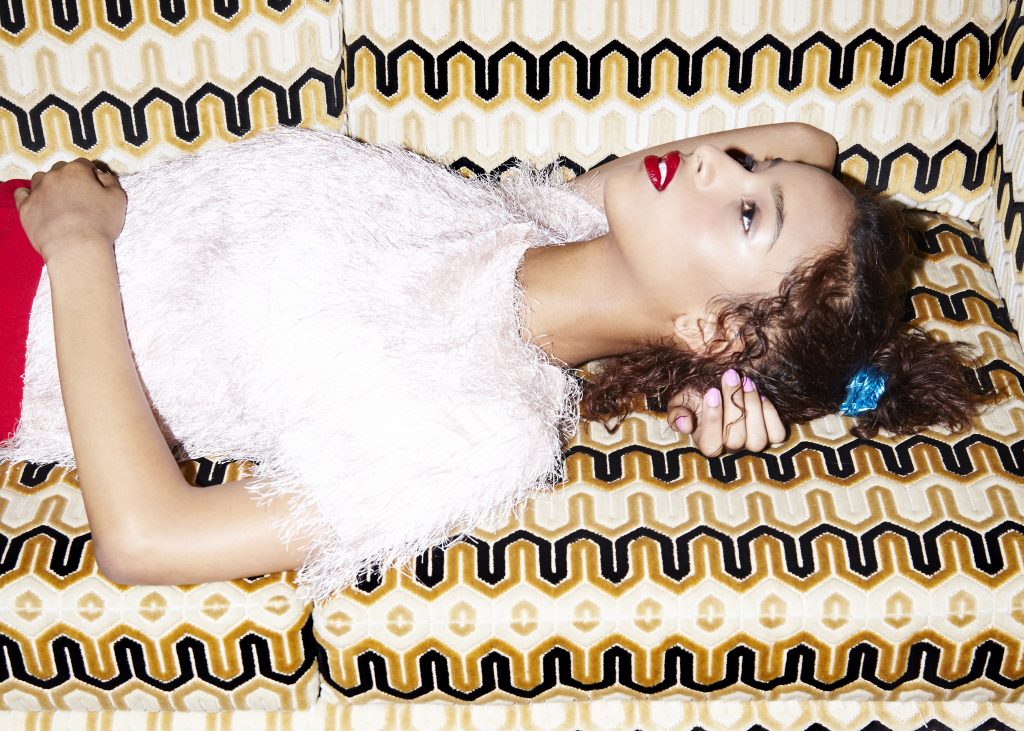
Is she uncomfortable with being controversial? “Yes, definitely. There are some things I was totally okay with talking about, such as gender, but there are some things, such as race, that I kind of backed away from, even though I’m black and most of my family is black . . . That’s part of what I’m using my platform for: [to show] that it’s okay to just come out and say it, and it’s okay to identify with yourself. You don’t have to beat around the bush with all these crazy metaphors, because sometimes it’s just as powerful to say, in my case, I’m black, or in someone else’s case, I’m trans, rather than all these elusive metaphors so as not to offend people.”
Whiting is owning it—her controversy, her blackness, her womanhood—and while she is unusually self-assured for a sixteen-year-old, part of Southern Word’s philosophy is to encourage this power, this thoughtfulness, in all young people. Southern Word’s Benjamin Smith explains: “There are eighty-five-thousand-plus young people in Nashville in our schools who have the potential to speak for themselves and develop their voice and be able to write. For me, this program is only powerful if it drives growth beyond Haviland . . . There’s an enormous potential that we under-invest in.”
If you’ve been paying attention, you know to be excited about the talent and empathy found within Generation Z. Whiting agrees: “We have fire,” she says. “We tend to be ignored, I think. I don’t think any of us are old enough to vote, or maybe we’re on the cusp of being able to vote. I definitely can’t vote. If you can’t do something active in government, then people kind of ignore you, which is silly, because if you look at history, a lot of the revolutions have not been started by government officials or people who can vote. It’s the plebians. We’re the plebes. I don’t want to say arguing with adults, but having respectful discourse is a duty of Gen Z. We need to challenge what’s going on around us.”
Snaps to that.
Southern Word is hosting a youth open mic night Friday, July 13 at 7 p.m. at the Centennial Black Box Theater. For more information, visit southernword.org.
Suggested Content
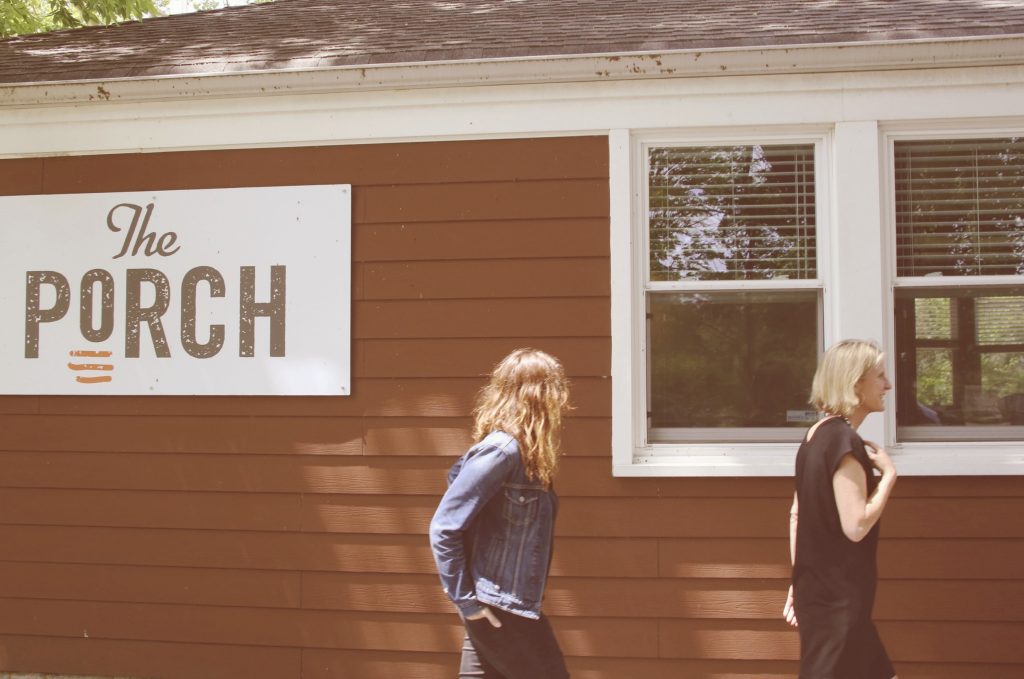
Write All About It
How literary nonprofit The Porch is giving local writers the tools—and the confidence—they need to share their stories
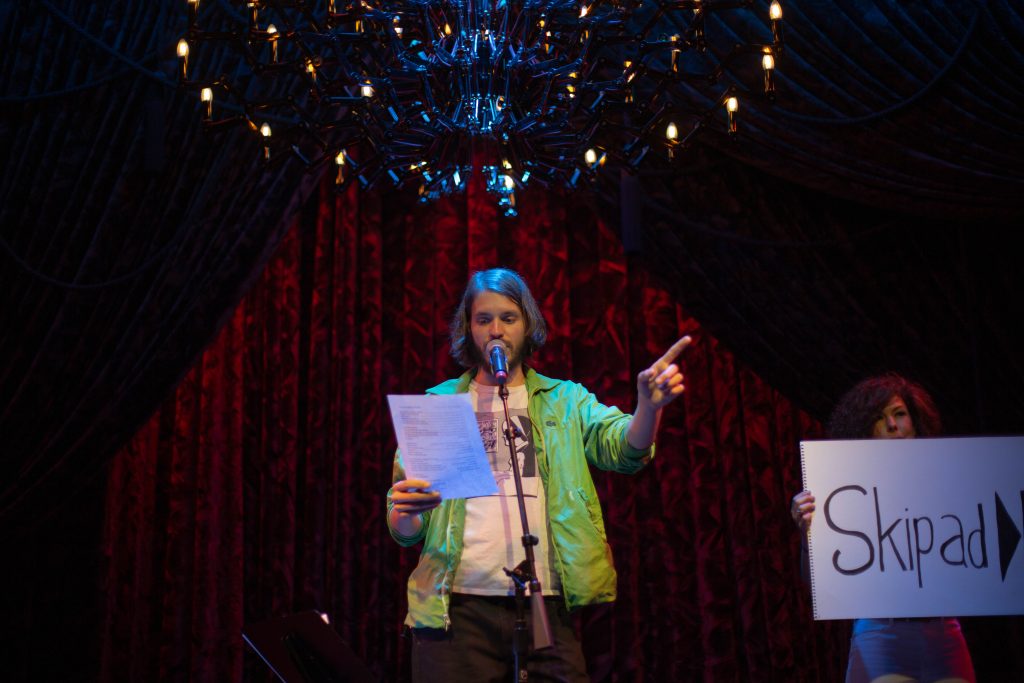
PHOTO RECAP: Lit Party
We went to the Lit Party on Wednesday night at the Analog at Hutton Hotel. Here's what we saw.

